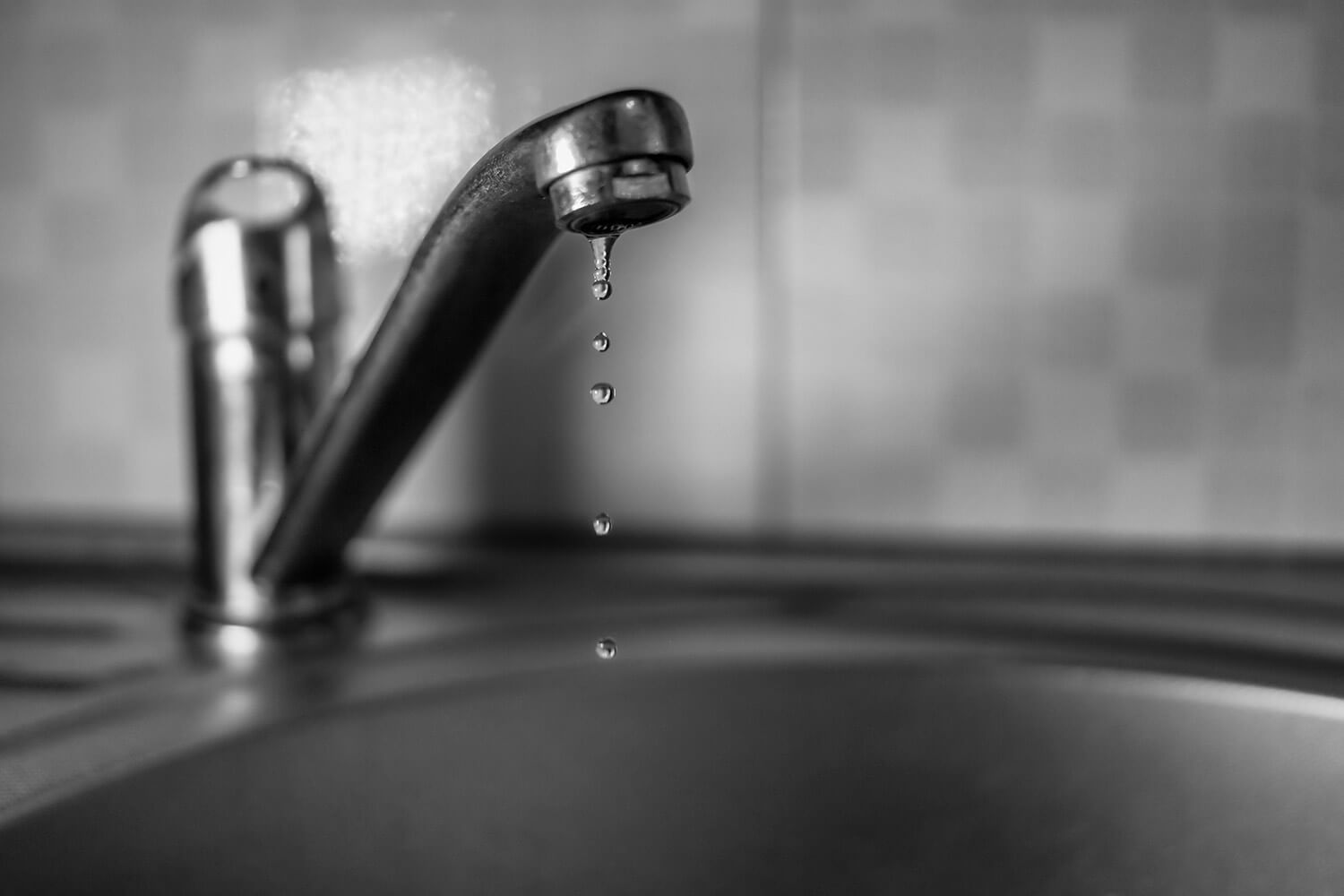We've stumbled upon the article involving How Fast Water Damage Can Ruin Your Home listed below on the net and accepted it made good sense to write about it with you here.

Leaks not only cause waste of water but can also trigger unnecessary damage to your house and advertise undesirable organic growth. Unfortunately, water leakages may go undetected since most of the pipework in our residence is concealed. By recognizing and also looking for day-to-day scenarios that create leaks, you can shield your residence from future leakages as well as unneeded damage. Today, we will consider six leak creates that may be triggering your pipelines to trickle.
Trespassing roots
Most water leakages begin outside your home rather than inside it. If you notice an abrupt decline in water stress, say in your tap, take time to go out and also examine your backyard. You could notice wet patches or sinkholes in your backyard, which might imply that tree roots are attacking water lines creating water to permeate out. You can have your plumber check for breach, particularly if you have trees or shrubs near your property.
Rusty water systems
As time passes by, your plumbing system ages as well as rust such as corrosion might begin gnawing the pipelines. This could be the cause of staining or bending on your pipes. This asks for an evaluation with your plumber promptly. Take into consideration replacing the pipelines considering that they are at a greater danger of rust than the newer versions if our plumbing system is old.
Malfunctioning Pipe Joints
Pipe joints can deteriorate over time, resulting in water leakages. If you have loud pipes that make ticking or banging noises, specifically when the hot water is transformed on, your pipe joints are most likely under a whole lot of pressure.
Instantaneous temperature modifications.
Severe temperature modifications in our pipelines can create them to broaden as well as get all of a sudden. This development and tightening may create splits in the pipelines, especially if the temperature level are below freezing. If you maintained an eye on just how your plumbing works, it would certainly be best. The existence of the formerly discussed circumstances frequently suggests a high threat.
Poor Water Connectors
At times, a leak can be created by loosened hoses and pipelines that supply your home appliances. In situation of a water links leakage, you may observe water running straight from the supply line or puddles around your home appliances.
Obstructed Drains
Clogged drains pipes could be frustrating and inconveniencing, yet they can in some cases end up causing an overflow resulting in burst pipelines. Keep removing any materials that may drop your drains pipes that could block them to stay clear of such inconveniences.
All the above are causes of leakages however not all water leakages result from plumbing leakages; some leakages could originate from roofing leakages. All leakages should be fixed instantly to stay clear of water damages.
Leaks not just trigger waste of water but can additionally trigger unneeded damages to your home and also promote undesirable organic development. By looking as well as understanding for daily situations that trigger leakages, you can safeguard your residence from future leaks as well as unneeded damages. Today, we will look at six leakage causes that may be causing your pipes to trickle.
At times, a leakage can be caused by loose hose pipes as well as pipes that provide your appliances. In situation of a water connections leak, you might see water running directly from the supply line or puddles around your devices.
How To Check For Water Leak In Your Home
How To Check for Leaks
The average household's leaks can account for nearly 10,000 gallons of water wasted every year and ten percent of homes have leaks that waste 90 gallons or more per day. Common types of leaks found in the home are worn toilet flappers, dripping faucets, and other leaking valves. These types of leaks are often easy to fix, requiring only a few tools and hardware that can pay for themselves in water savings. Fixing easily corrected household water leaks can save homeowners about 10 percent on their water bills.
To check for leaks in your home, you first need to determine whether you're wasting water and then identify the source of the leak. Here are some tips for finding leaks:
Take a look at your water usage during a colder month, such as January or February. If a family of four exceeds 12,000 gallons per month, there are serious leaks.
Check your water meter before and after a two-hour period when no water is being used. If the meter changes at all, you probably have a leak.
Identify toilet leaks by placing a drop of food coloring in the toilet tank. If any color shows up in the bowl after 10 minutes, you have a leak. (Be sure to flush immediately after the experiment to avoid staining the tank.)
Examine faucet gaskets and pipe fittings for any water on the outside of the pipe to check for surface leaks.
Undetected water leaks can happen without the home or business owner even realizing. If you suspect a water leak, but not able to find the source. It is time to contact a professional water leak detection service, The Leak Doctor.
How To Find a Water Leak In Your Home
https://www.leakdoctor.com/blog/How-To-Check-For-Water-Leak-In-Your-Home_AE197.html

I'm just very interested in Top Causes of Home Water Leaks and I'm hoping you appreciated our post. Please set aside a second to share this page if you enjoyed reading it. I am grateful for your time. Come back soon.
No more waits, dial now!